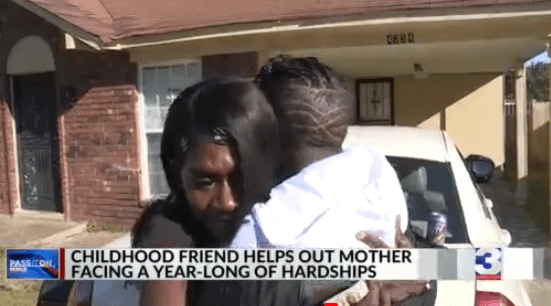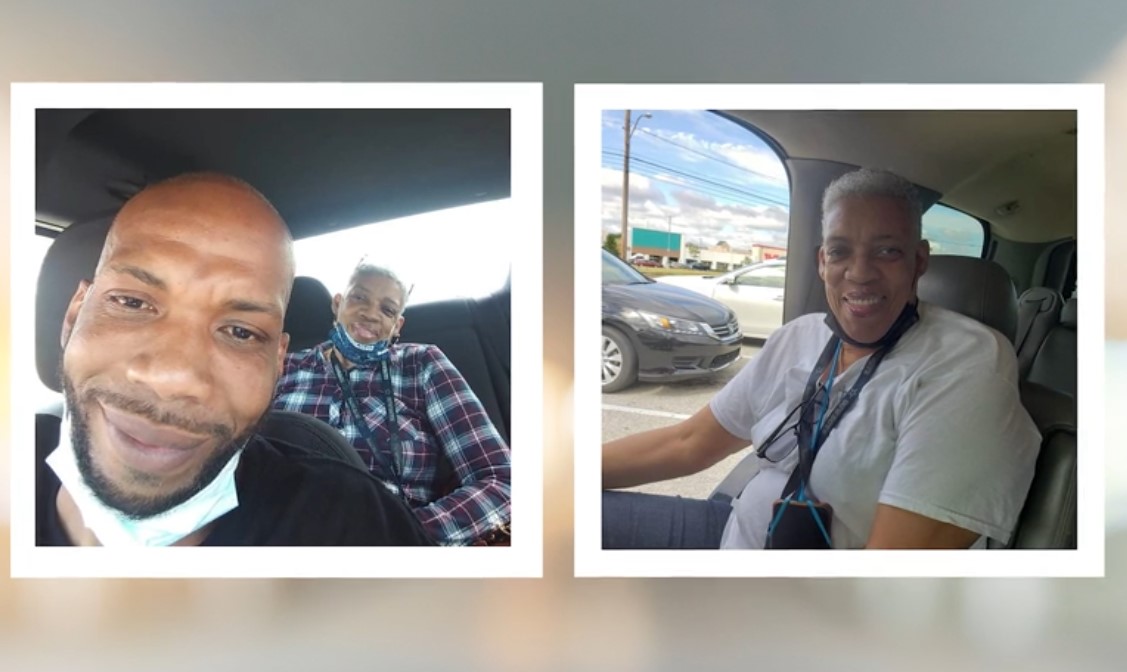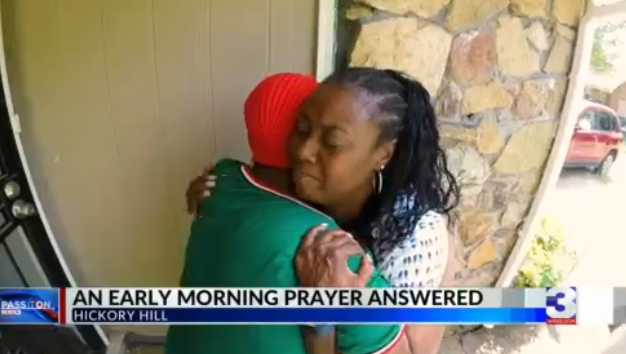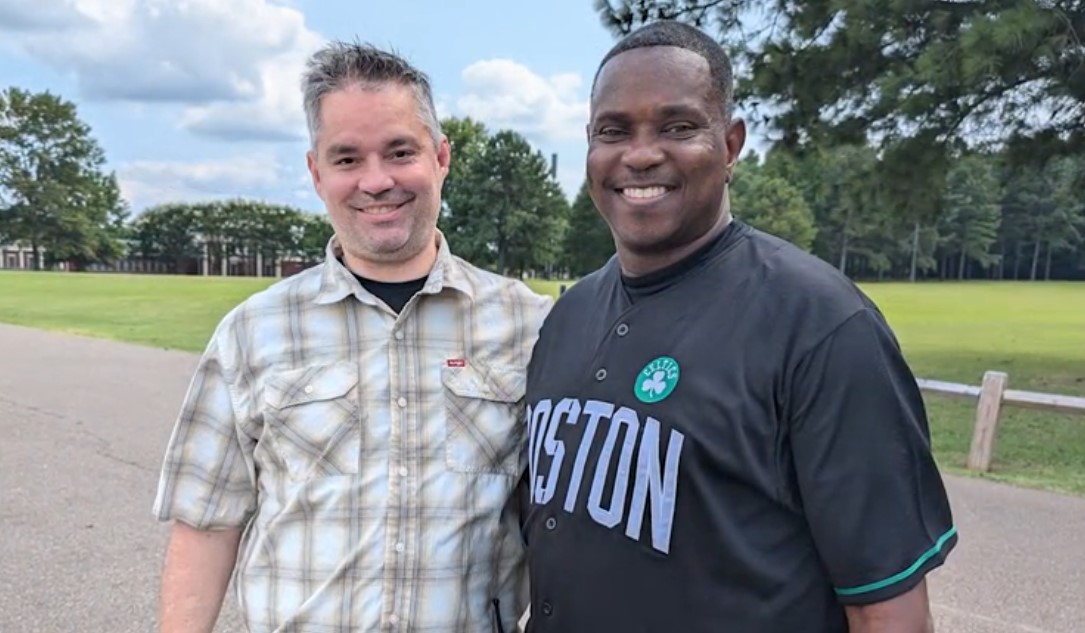MEMPHIS, Tenn. — They are powerful. They are successful. They are women who actually get along.
And their mission isn’t social. It’s philanthropic, giving back financially.
The group is the Philanthropic Black Women of Memphis, or PBWM. They are eight African-American women pooling their resources to hand out between $1,000 and $5,000 grants to causes and agencies.
“We felt that coming together as a group would provide a collective impact for under-served areas,” says the group’s president, Mary McDaniel.
Over 13 years they have given out 18 grants worth $55,000 — not to big companies, but smaller forgotten causes.
“I think people need to see black women working together because you don’t see a whole lot of that,” reflects one member. “We just have fun when we are together. We like each other. ”
Last summer they announced their 2017 grant recipients.
“We are looking to support those organizations that help to improve the under served groups in this community,” says PBWM member Belinda Watkins.
Take the Binghampton Christian Academy, a private boarding school in Binghampton. Students attend free so the school relies on grants and donations, but grants can be tough to get.
“We don’t base our student attendance on performance. If we have space for a child, we accept that child. So we might not get the highest performing students, although we do have some,” says Tari Harris, the Head of School at Binghampton Christian Academy.
The women’s group gave the school $3,000 after seeing how it would help students directly.
“It allowed us to expose them to different field trips, different arts programs. It also allowed us to provide them with snacks and basic needs like clothing, coats,” says Harris.
Members say it shows how their dollars are making a direct impact.
“It’s certainly an opportunity for us to provide help in this community as well as help for kids who might not otherwise have an opportunity to be in this environment. They could go to school, but this environment caters to kids that do have difficulty in a larger environment or school setting,” says PBWM member Edith Kelly-Green.
Those getting the grants still have to meet requirements, but a lot of the red tape is eliminated.
“We talked about the fact that our forms should be no more than two pages, easy for the grant applicants to fill out the forms,” says PBWM member Monice Hagler.
But many still aren’t aware of the grant money, which is why this group decided to go public.
“We want to be a role model, a model not just for Memphis but around the United States that there are black women who are connected with the community and who are actually responding to the community in the right way,” says PBWM member Carolyn Hardy.
Watkins, a former FedEx executive, now owns a Menchies franchise in southeast Memphis.
She says being a part of Philanthropic Black Women is a way to help other businesses in need.
“We’ve got a lot of challenges. Individually, I don’t think we can attack those challenges but with the consolidation of groups like this and the support of groups like this and efforts of group like this, I think we can make a difference and I would like to see that happen,” says Watkins.
McDaniel, also formerly of FedEx and now chair of the Women’s Foundation, heads us the women’s group.
There is no board of directors. The grant money comes from the women themselves.
“We wanted to give funds to an organization that we controlled so we could go back and make a greater impact,” says McDaniel.
Hardy, who has a background in the bottling business, chaired the Chamber of Commerce and now heads up a Maintenance Repair Operating Supply company. She says the Philanthropic Black Women and its members are creating a legacy.
“We have to help ourselves and that’s what we are doing. I want us as a community to become a lot more self sufficient,” says Hardy.
Deidre Malone runs an ad agency, has been a Shelby County commissioner, ran for county mayor and now heads up the Memphis NAACP.
For her, this group shows the power women have.
“We are not political. It’s black women coming together looking at what are the needs in our community and what are those things we can touch financially,” says Malone. “I think it’s important for them to see us working together and writing checks that can have an impact on our community.”
The Alzheimer’s Dementia Services in Hickory Hill, a place for those battling illness, is an example.
The agency was awarded $5,000 for its caregivers conference. The grant allowed the business to shower caregivers with tote bags, books and tool kits to help them cope with caring for those battling dementia.
“We want to give them the tools to help relieve their stress and their fatigue to take care of their loved one,” says Ruthann Shelton, executive director of Alzheimer’s Dementia Services. “Immensely we thank the Philanthropic Black Women of Memphis because without that we would not have been able to add that special touch. ”
They are women making a stake where they live, spreading the wealth by pooling their resources.
“I think it can be greater when other African-American women, young women, come together and look at us and see they can have this same kind of impact that we are having if they come together,” says Malone.
There are two other members of the Philanthropic Black Women of Memphis, Nelda Burroughs and Debra Evans.
The group says their diverse connections and varied backgrounds allow them to tap into different parts of the community and give to those who often are overlooked.
For more information on the Philanthropic Black Women of Memphis and their grants, go to their website, www.pbwmemphis.org























